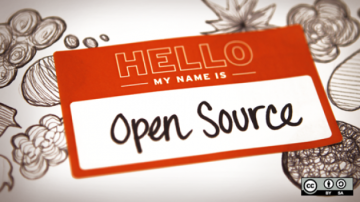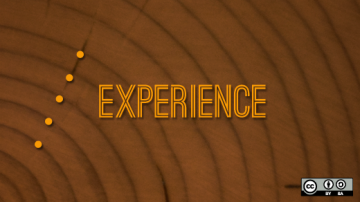
Shane is founder of Punderthings℠ LLC consultancy, helping organizations find better ways to engage with the critical open source projects that power modern technology and business. He blogs and tweets about open source governance and trademark issues, and has spoken at major technology conferences like ApacheCon, OSCON, All Things Open, Community Leadership Summit, and Ignite.
Shane Curcuru serves as VP Brand Management for the ASF, wrote the trademark and branding policies that cover all 200+ Apache® projects, and assists projects with defining and policing their trademarks, as well as negotiating agreements with various software vendors using Apache software brands. Shane is serving a seventh term as an elected Director of the ASF, providing governance oversight, community mentoring, and fiscal review for all Apache projects.
Otherwise, Shane is: a father and husband, a BMW driver and punny guy. Oh, and we have cats! Follow @ShaneCurcuru and read about open source communities and see my FOSS Foundation directory.



Authored Comments
To answer the question in the title: whoever owns the trademark behind the brand effectively owns an open source project. They can control use of the brand around project activity, and therefore control how the world sees the project.
Great article from the corporate perspective. A nice follow-on would be to explore these project management concepts across all three common models:
- Corporate (traditional) projects
- Open organization / open source projects (as you do above)
- Open governance / open source projects - like an Apache project, or independent projects hosted at Conservancy or SPI or the like.
Open governance is the next step beyond open organization and is a common model within popular open source projects. Each of the three models is important and useful in their own contexts, but it's important to understand there are three models - corporate, #TheOpenOrg, and open governance at a FOSS Foundation.
Yes, but trademarks (generally) only apply when the goods - or the product - are similar. So just searching for the name itself often doesn't help. Searching for "YourName software" or with download, or open source, or a few words about the functionality your program provides is what you need to do.
No-one would confuse your software program with the Spice Girls, either the original ones or the reunion tour (I like the original set list best, myself!)